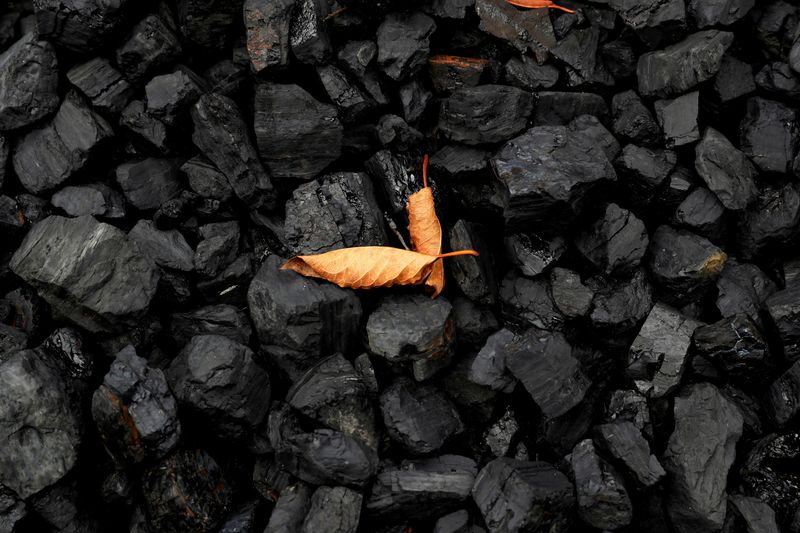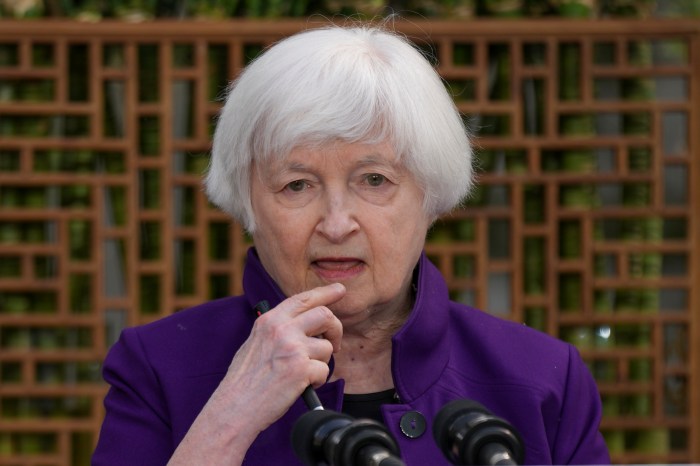MELBOURNE/JAKARTA (Reuters) – Australia and Indonesia, the world’s biggest coal exporters, face an accelerated decline in global demand for their coal shipments after China said it would stop building coal-fired power plants overseas, analysts, environmental groups and industry officials said.
Chinese President Xi Jinping announced the move at the United Nations General Assembly on Tuesday, prompting environmental campaigners to predict a direct impact on major coal exporters.
Beijing’s pledge is the latest blow for Australian and Indonesian coal miners as more energy systems globally make the shift to renewables, however, the Australian industry continues to push for a role for coal in the global power mix.
“I think it’s the new normal,” said Pandu Sjahrir, chairman of Indonesia Coal Miners Association, when asked whether coal miners must accept that global demand may have peaked.
For more than a decade, Australia and Indonesia have been the dominant global coal exporters, accounting for more than half of all coal shipments.
Both countries also export more coal than they consume, with Australia shipping out more than 75% of its coal, while Indonesia exports roughly 60% of production, based on the BP Statistical Review of World Energy 2021.
(Key coal consumers, exporters and importers – https://fingfx.thomsonreuters.com/gfx/ce/zgpombjrbpd/KeyCoalConsumersExporters.png)
STEEPER DECLINE
Julien Vincent, executive director at environmental group Market Forces said: “Australia’s coal industry has been gambling on increasing coal-fired power generation in developing countries to replace declining long-term demand in places like Japan, South Korea and Taiwan.”
Analysis by Market Forces shows since the Paris Climate Agreement in 2015, the global coal power development pipeline has dropped by 76%.
China’s statement will only accelerate this trend, Vincent said.
Estimates earlier this year from Australia’s Department of Industry see coal exports continuing to climb for both countries – to 213 million tonnes for Australia and 442 million tonnes for Indonesia by 2023.
Looking further ahead, consultants Wood Mackenzie said China’s pledge to stop financing new coal-fired plants abroad puts at risk 29 gigawatts of coal-fired plants the firm had expected to be built in Indonesia beyond 2025, which could result in higher coal exports from there.
Rystad Energy consultants forecast that global coal demand will peak in 2024 at close to 10,000 terrawatt hours (TWh). But the consultancy also said they would have to slightly revise their outlook for a fall to 6,000 TWh by 2040 due to China’s move to stop financing coal plants abroad.
“As a result of this announcement, the decline from 2025 onwards will be slightly steeper than previously expected,” Rystad vice president Xi Nan said.
(Global CO2 emissions vs coal use – https://fingfx.thomsonreuters.com/gfx/ce/lbpgngzgqvq/WorldCO2vsCoalUse.png)
ENERGY OPTIONS
Yancoal Australia Ltd, Australia’s largest pure-play coal producer and leading thermal coal exporter, said it expects continuing demand for coal across Asia for power generation and to make steel and concrete, and said its lenders and investors still see the company as a profitable business.
“Australia will continue to play a critical role as a primary source of premium grade metallurgical and thermal coal,” a Yancoal spokesperson said.
Mining groups Whitehaven Coal and New Hope Corp declined to comment.
The Minerals Council of Australia (MCA) said governments and industry in Asia should step up efforts to cut emissions through measures like carbon capture and storage at existing plants.
“More of this is what’s needed to both reduce emissions and continue to allow countries a full suite of energy options for their development,” MCA Chief Executive Tania Constable said.
(Reporting by Melanie Burton in Melbourne and Fransiska Nangoy in Jakarta; Additional reporting by Sonali Paul in Melbourne and Mai Nguyen in Hanoi; editing by Gavin Maguire and Jane Merriman)













